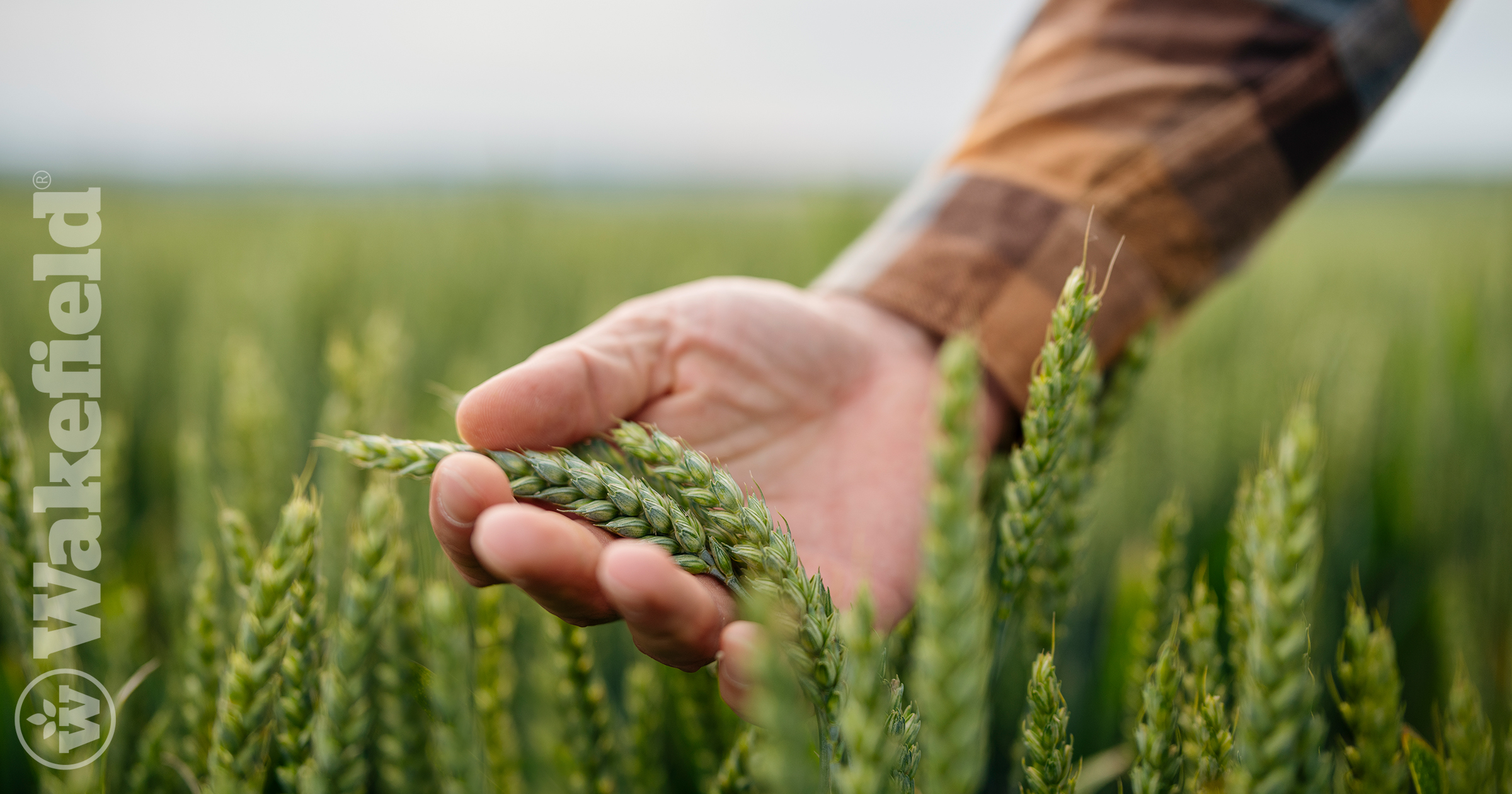Biochar impact on crop yields.

The added value of biochar when applied along with fertilizers, beyond that of the fertilizers themselves, has not been summarized. Focusing on direct comparisons between biochar additions (≤ 20 t ha-1) – separately considering the addition or not of inorganic fertilizers (IF) and/or organic amendments (OA) along with biochar – and two different controls (with and without the addition of IF and/or OA), we carried out a meta-analysis to explain short-term (1-year) field responses in crop yield across different climates, soils, biochars, and management practices worldwide.
Compared with the non-fertilized control, a 26% (CI:15-40%) increase in yield was observed with the use of IF only, whereas that of biochar along with IF caused a 48% (CI:30-70%) increase. Compared to the use of IF only, the addition of biochar along with IF caused a 15% (CI:11-19%) increase in yield, indicating that biochar was as effective as fertilizers in increasing crop yields when added in combination.






